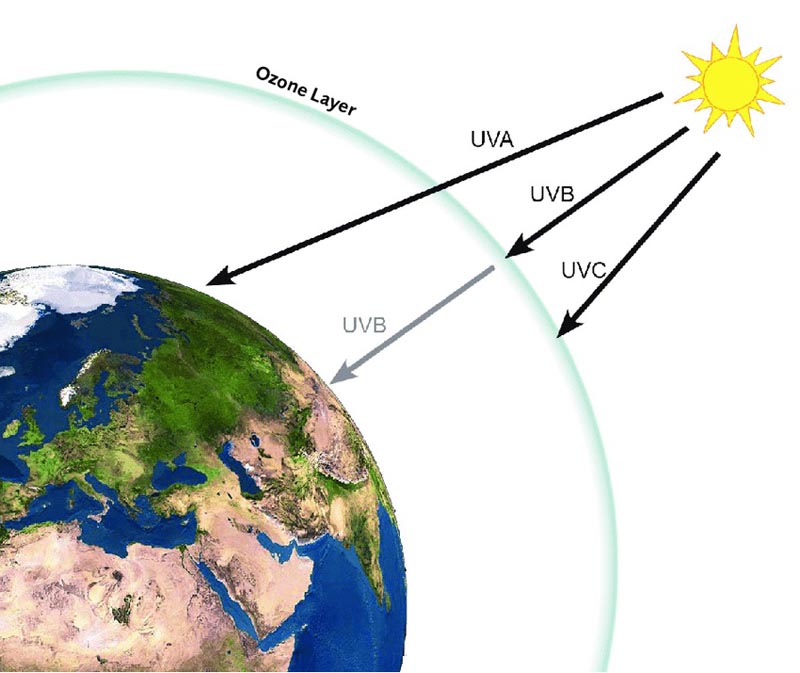
Inadequate exposure to UVB light from the sun may be associated with an increased risk of colorectal cancer, particularly in older age groups, according to a study using data from 186 countries, published in the open access journal BMC Public Health .
Researchers at the University of California, San Diego, USA, investigated possible associations between global UVB light levels in 2017 and colorectal cancer rates for different countries and age groups in 2018.
The authors found that lower UVB exposure was significantly correlated with higher rates of colorectal cancer in all age groups from 0 to over 75 years in people living in the 186 countries included in the study.
The association between lower UVB and colorectal cancer risk remained significant for people over 45 years of age after taking into account other factors, such as skin pigmentation, life expectancy and smoking. Data on these factors were available for 148 countries.
The authors suggest that less exposure to UVB rays may reduce vitamin D levels. Vitamin D deficiency has previously been associated with an increased risk of colorectal cancer. Future research could directly examine the potential colorectal cancer benefits of correcting vitamin D deficiencies , especially in older age groups, according to the authors.
Raphael Cuomo, co-author of the study, said: "Differences in UVB light explained a lot of the variation we saw in colorectal cancer rates, especially for people over 45. Individuals, in particular, can reduce their colorectal cancer risk by correcting vitamin D deficiencies."
The authors used UVB estimates obtained by NASA’s EOS Aura spacecraft in April 2017 and data on colorectal cancer rates in 2018 for 186 countries from the Global Cancer (GLOBOCAN) database. T
They also collected data from 148 countries on skin pigmentation, life expectancy, smoking, stratospheric ozone (a natural gas that filters radiation from the sun), and other factors that may influence health and UVB exposure from the literature. and the previous databases.
The countries with the lowest UVB were Norway, Denmark and Canada, while the countries with the highest UVB were the United Arab Emirates, Sudan, Nigeria and India.
The authors caution that other factors may affect UVB exposure and vitamin D levels, such as vitamin D supplements, clothing, and air pollution, which were not included in the study. They also caution that the observational nature of the study does not allow conclusions to be drawn about cause and effect and more work is needed to understand the relationship between UVB rays and vitamin D with colorectal cancer in more detail.
Conclusion The age-dependent inverse association between UVB exposure and colorectal cancer incidence shows a larger effect size among older age groups in overall analyses. Studying the effect of chronic vitamin D deficiency on the etiology of colorectal cancer will help understand the need for population-wide screening programs for vitamin D deficiency, especially in regions with inadequate UVB exposure. More studies are needed to evaluate the need for appropriate public health programs, such as selective supplementation and food fortification. |
















